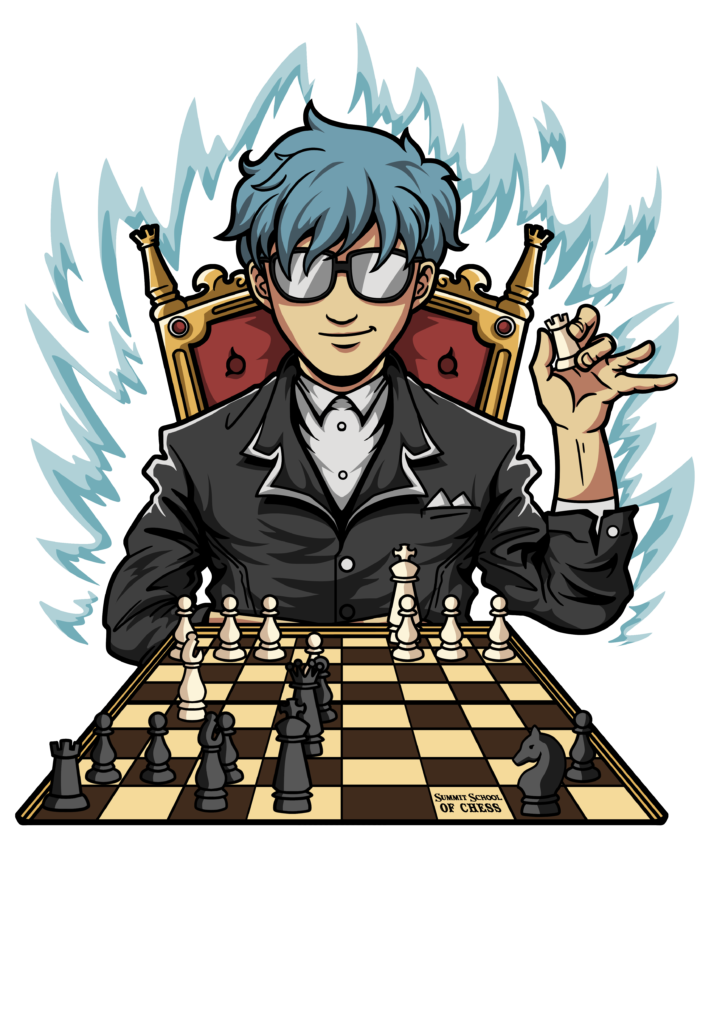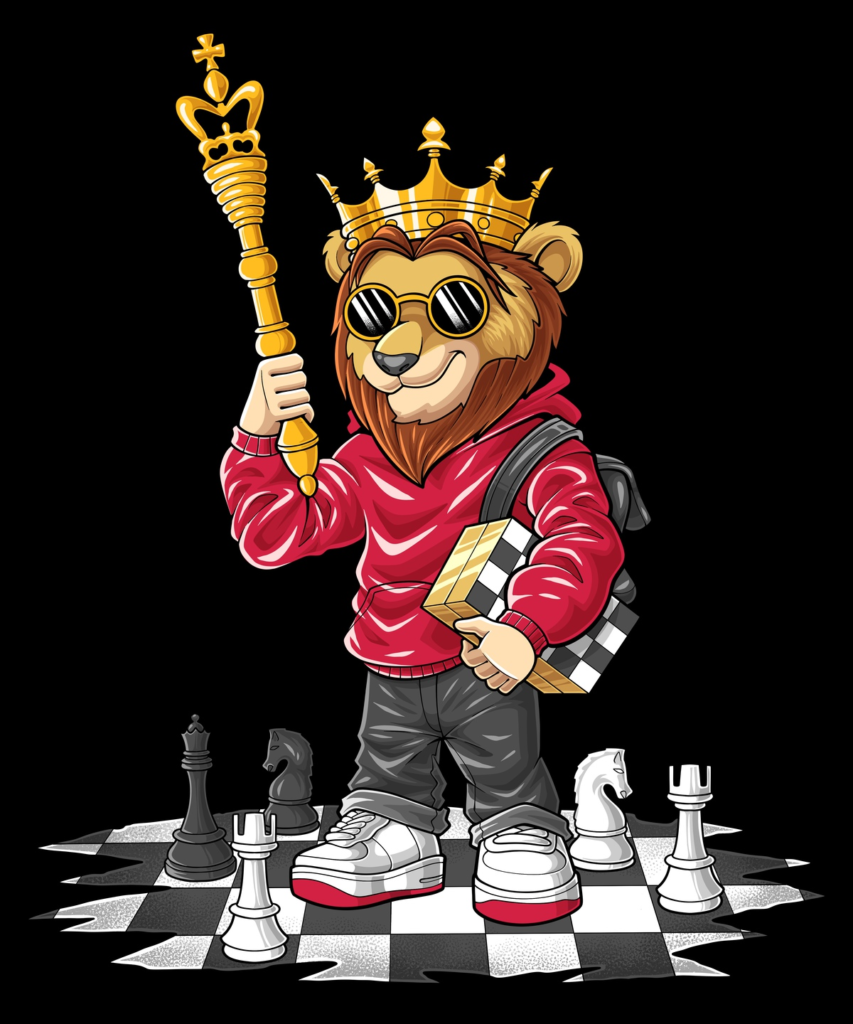As a chess coach, one of the most common questions we get from parents is when their child should start competing in tournaments. While it may seem intimidating to throw a young child into the competitive world of chess, there are actually many benefits to getting kids involved in tournaments at a young age.
One of the biggest benefits of chess tournaments for children is that they provide a structured and focused environment for kids to practice and improve their chess skills. In a tournament setting, kids are forced to concentrate and make strategic decisions under time pressure, which helps them develop critical thinking skills and learn to focus for longer periods of time.
Another benefit of chess tournaments is that they provide a sense of accomplishment and pride for kids. When children compete and do well in a tournament, it can boost their self-esteem and give them a sense of accomplishment. This can be especially important for younger children, who may not yet have developed a strong sense of self-worth.
Chess tournaments can also be a great way for kids to socialize and make new friends. In a chess tournament, kids will be surrounded by other kids who are interested in the same hobby and may have similar skill levels. This can be a great opportunity for kids to bond over their shared love of chess and make lasting friendships.
Finally, chess tournaments can be a great way to expose kids to new challenges and help them learn how to handle stress and setbacks. In any competition, there will be wins and losses, and kids can learn valuable lessons about how to handle both. By competing in tournaments, kids can learn how to deal with the pressure of competition and how to bounce back from setbacks.
Overall, there are many benefits to getting kids involved in chess tournaments at a young age. While it may seem intimidating at first, the structured and focused environment of a tournament can help kids improve their skills, boost their self-esteem, make new friends, and learn valuable life lessons. If you’re considering signing your child up for a chess tournament, don’t hesitate – the earlier they start, the more they stand to gain.




